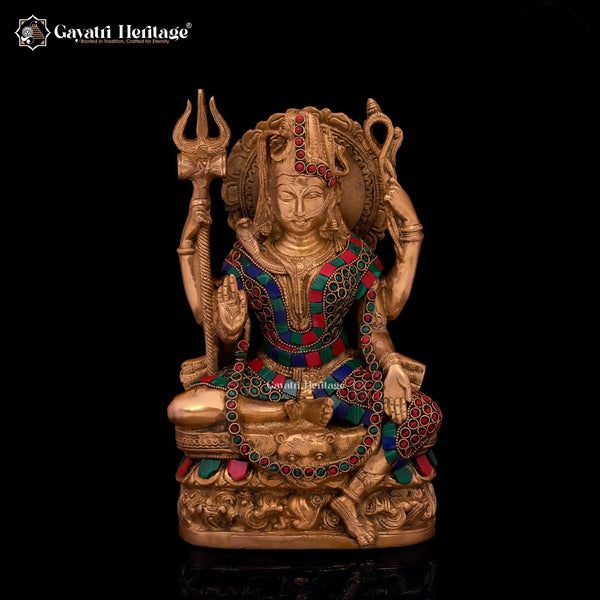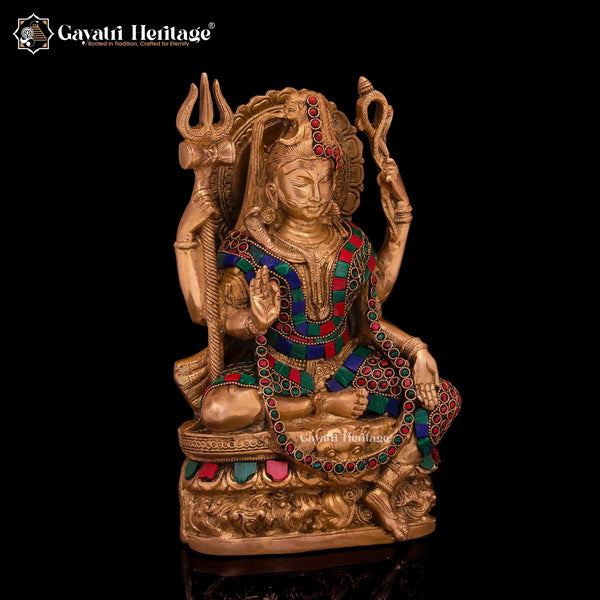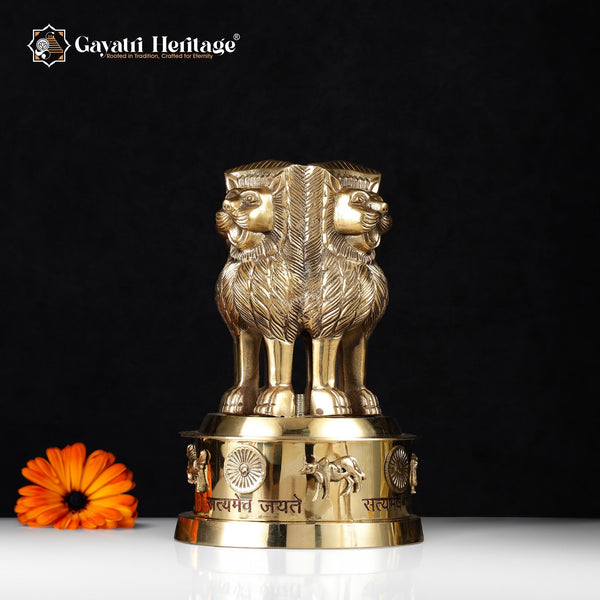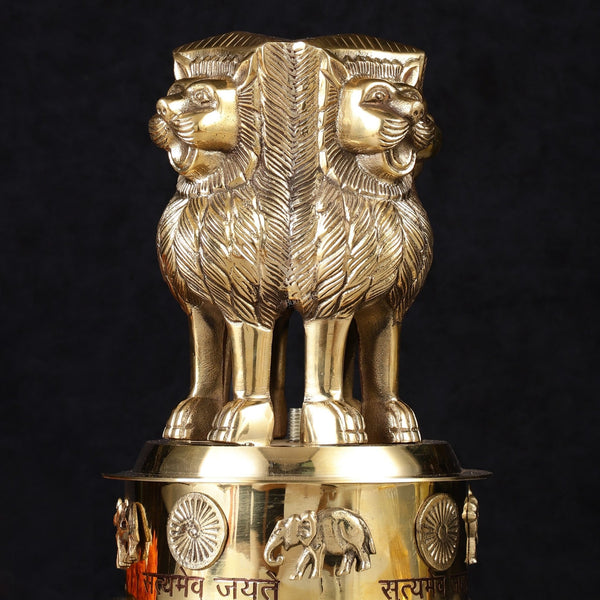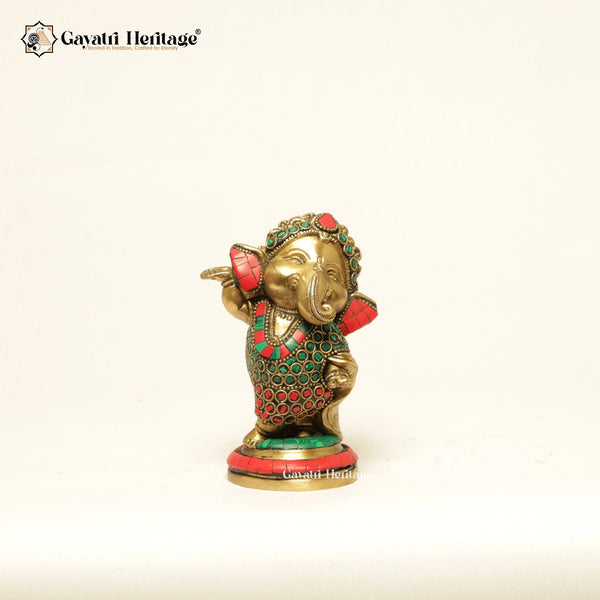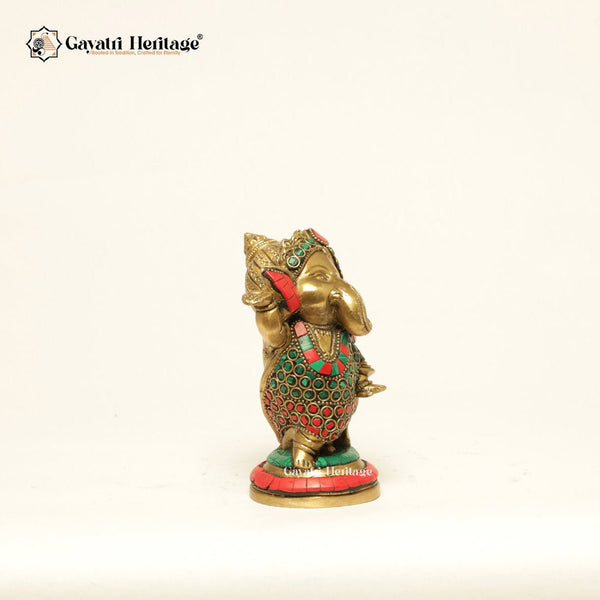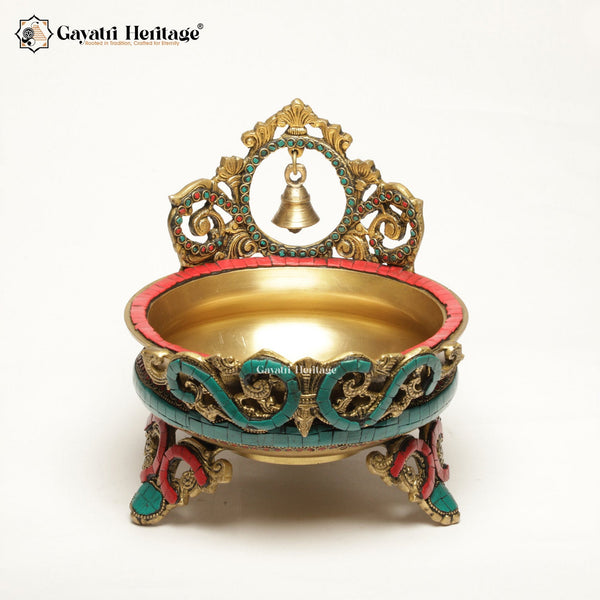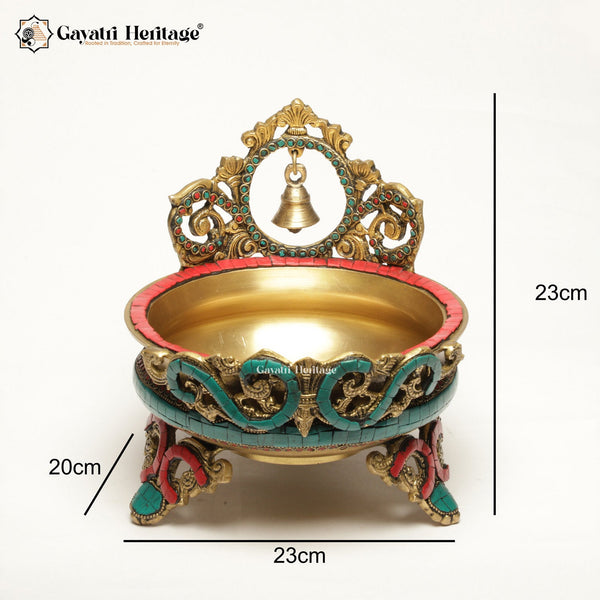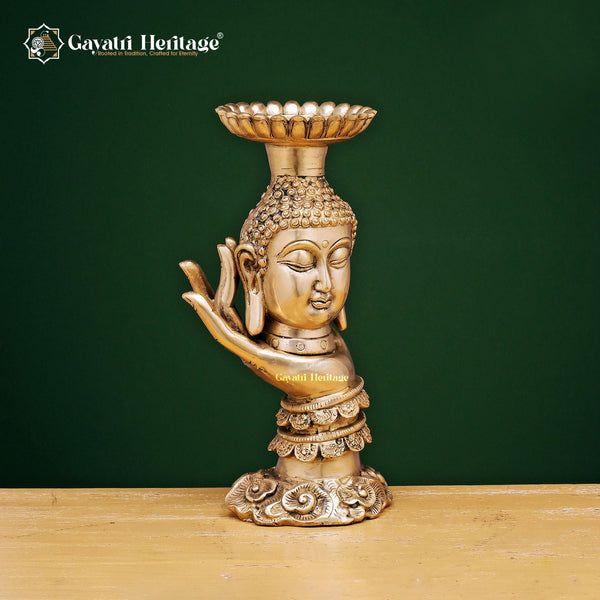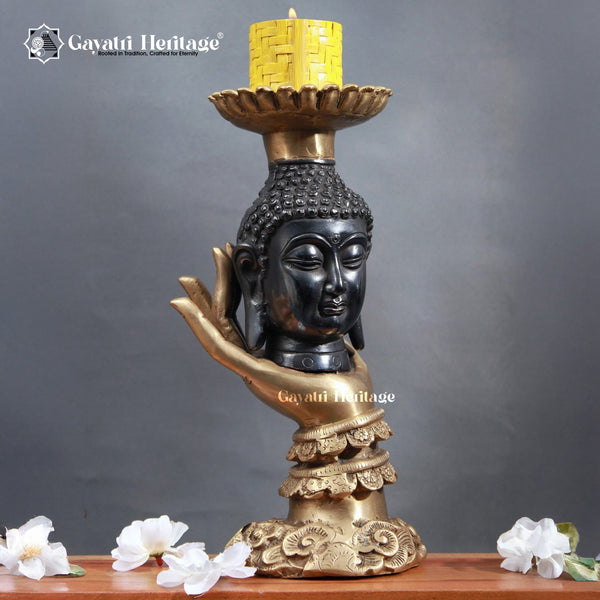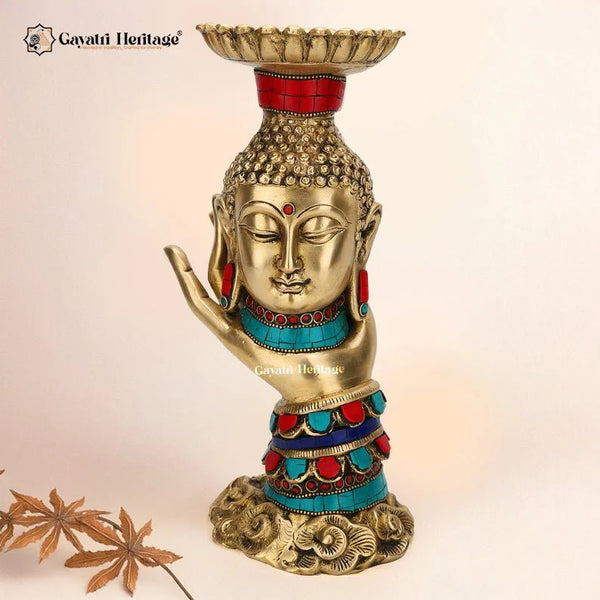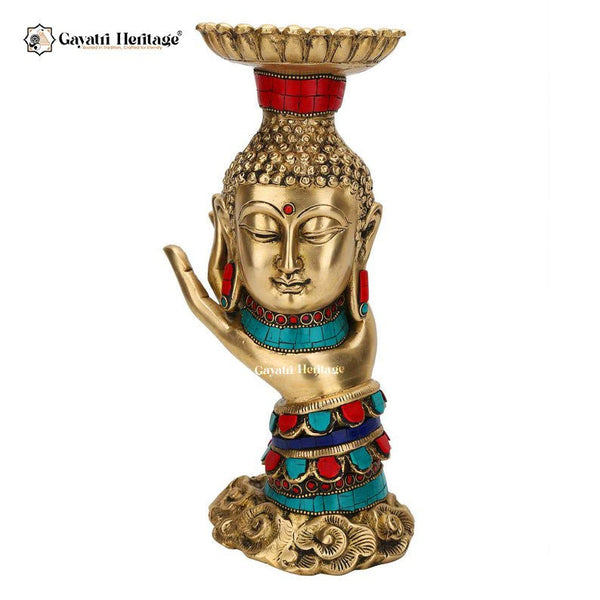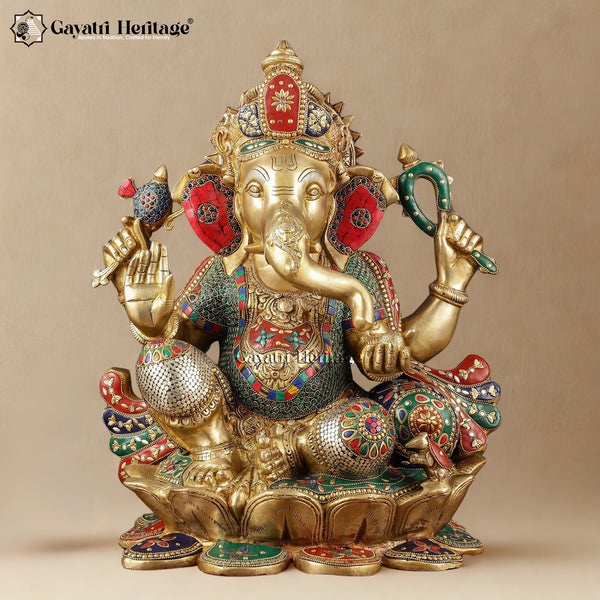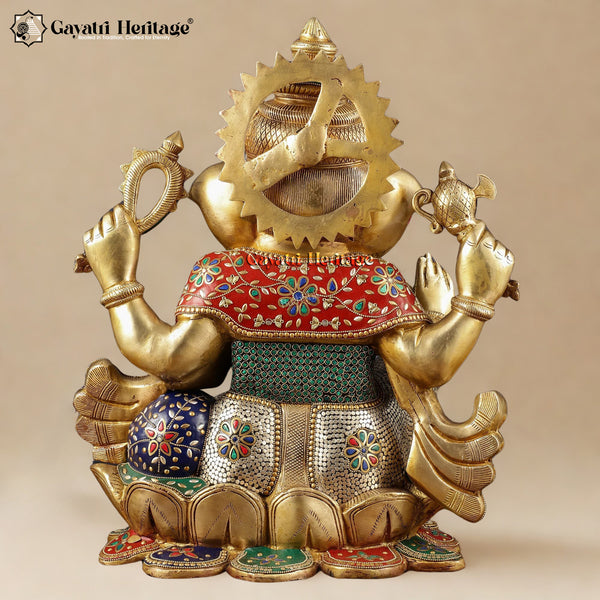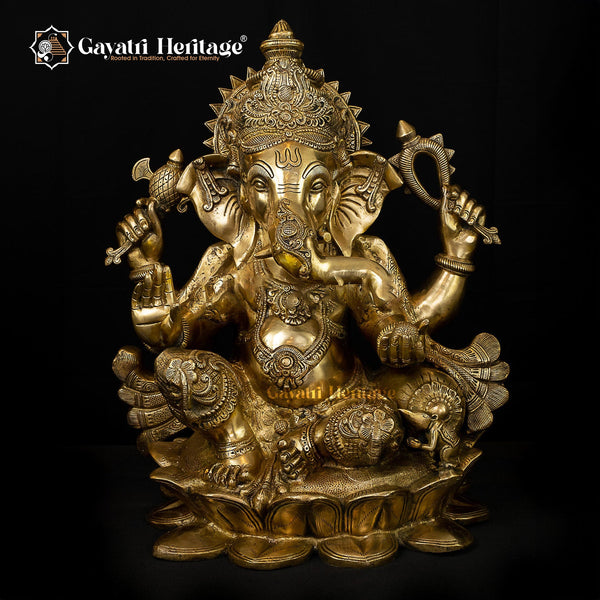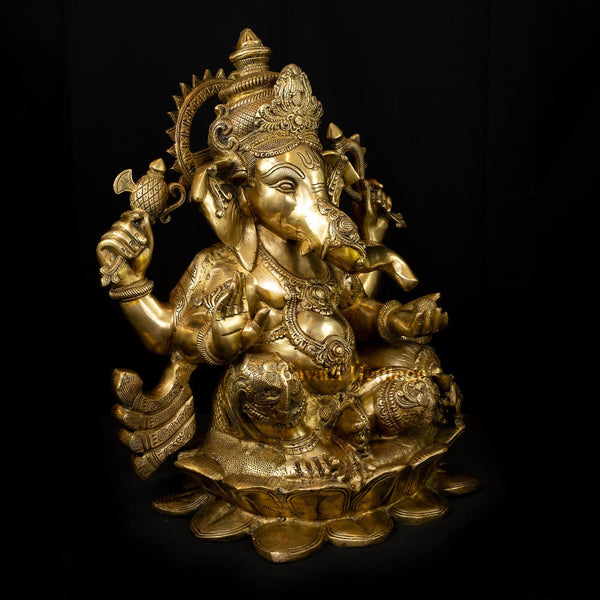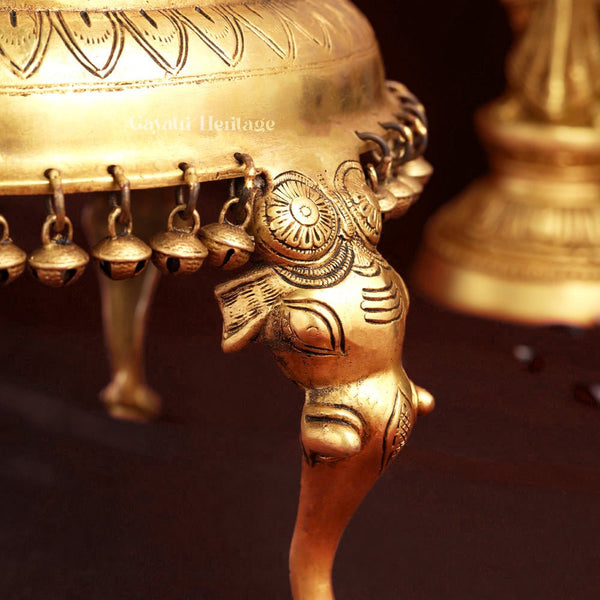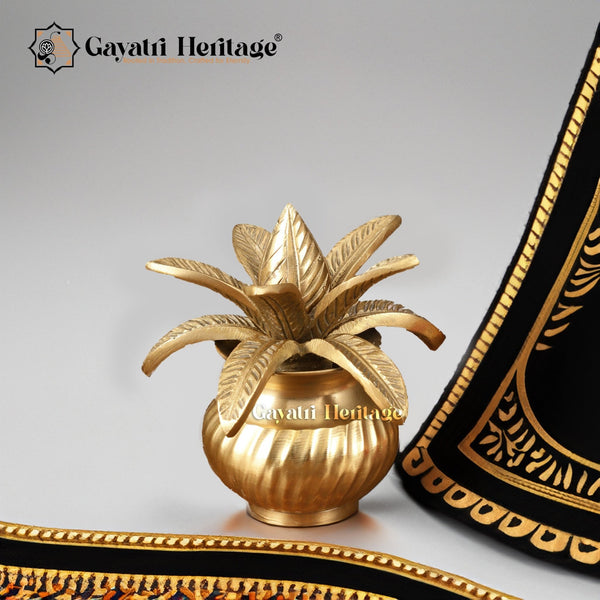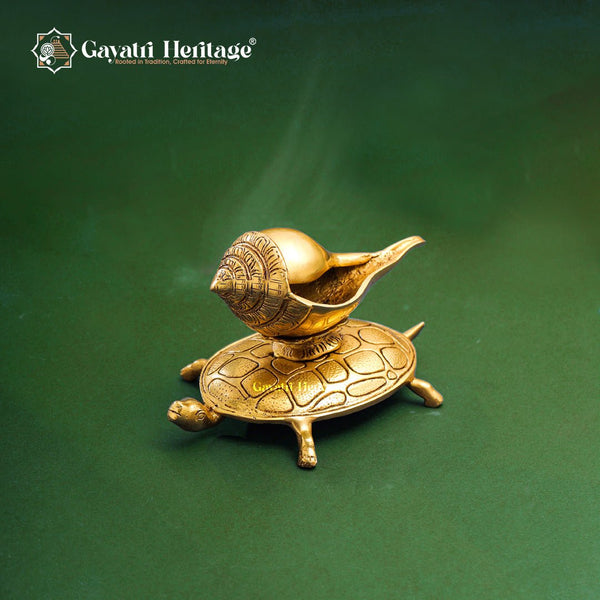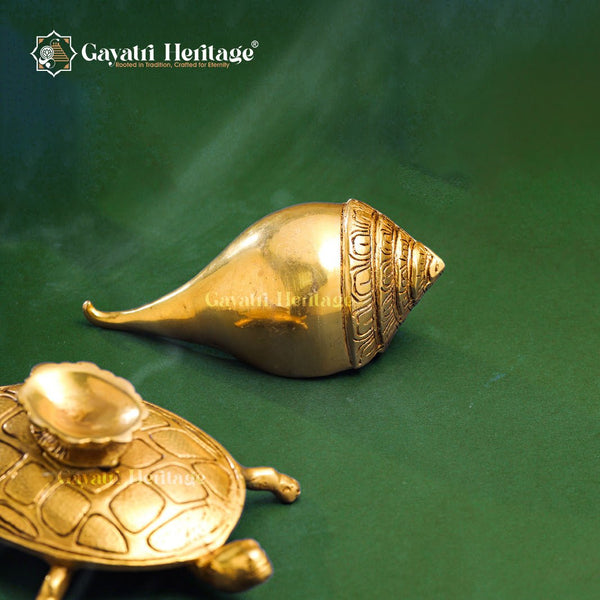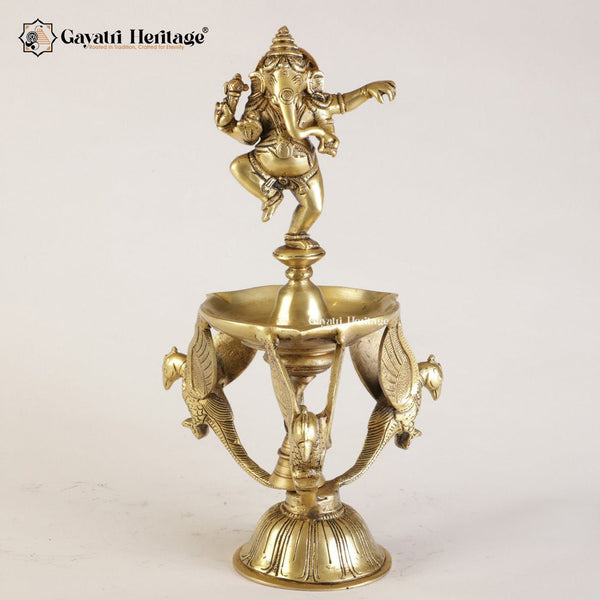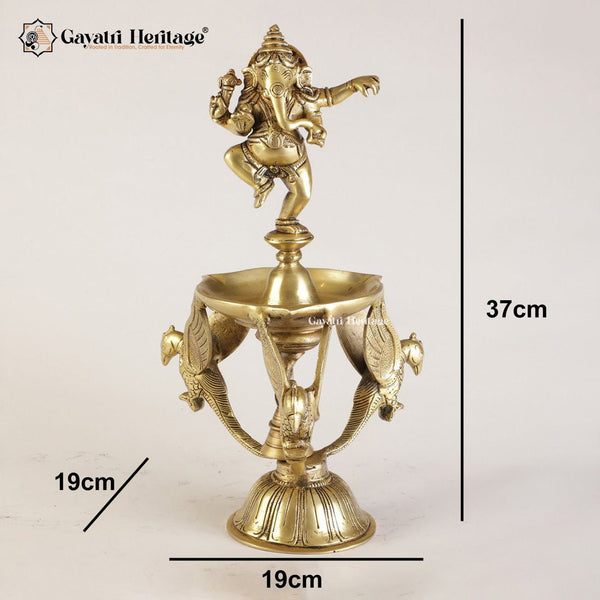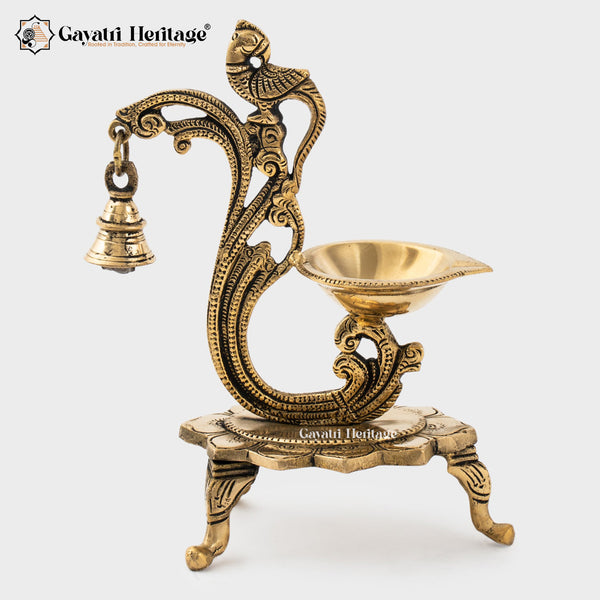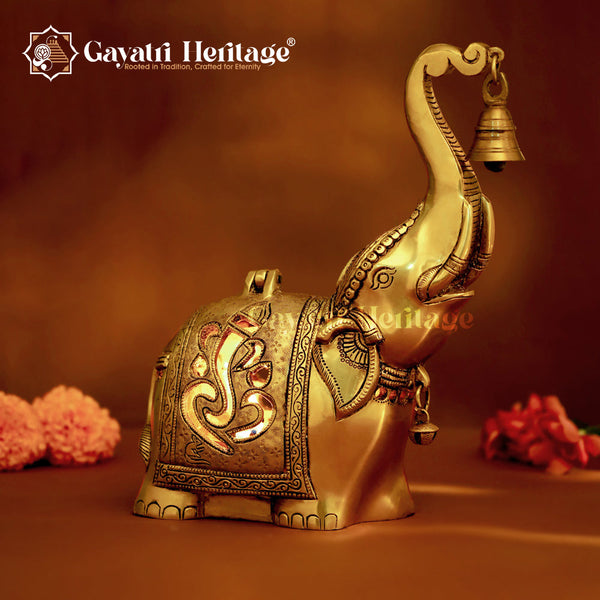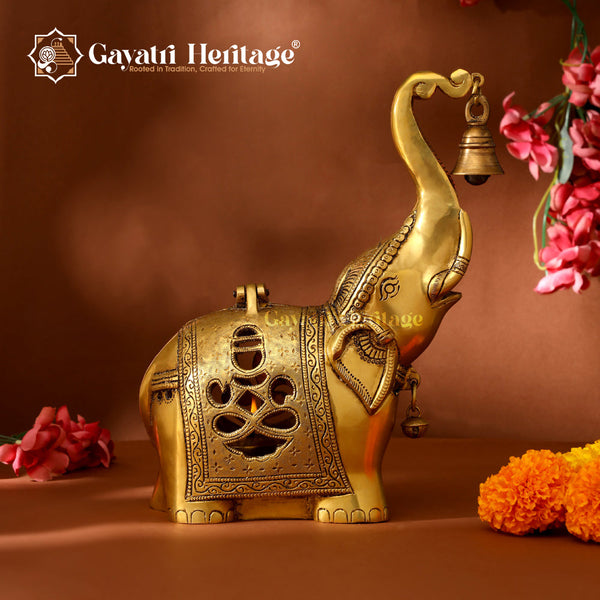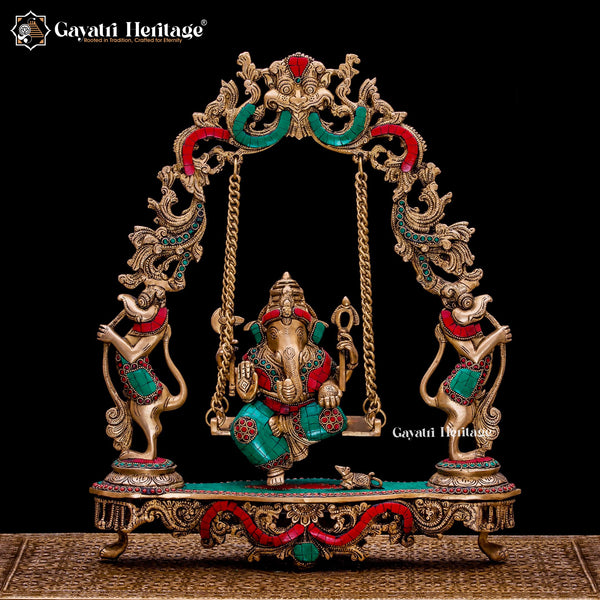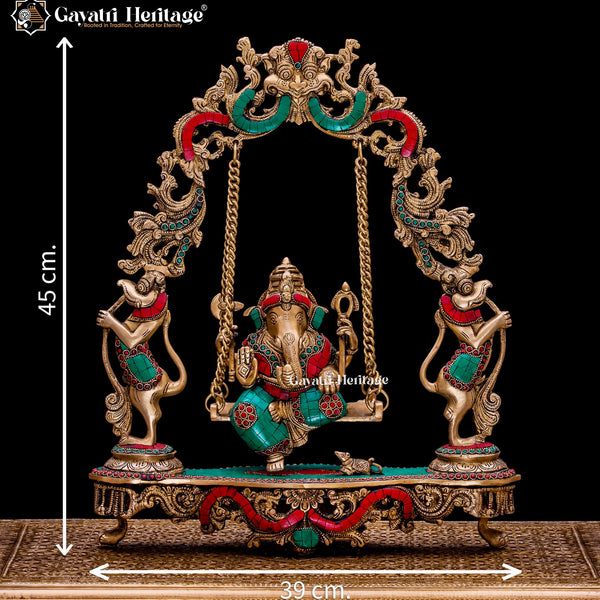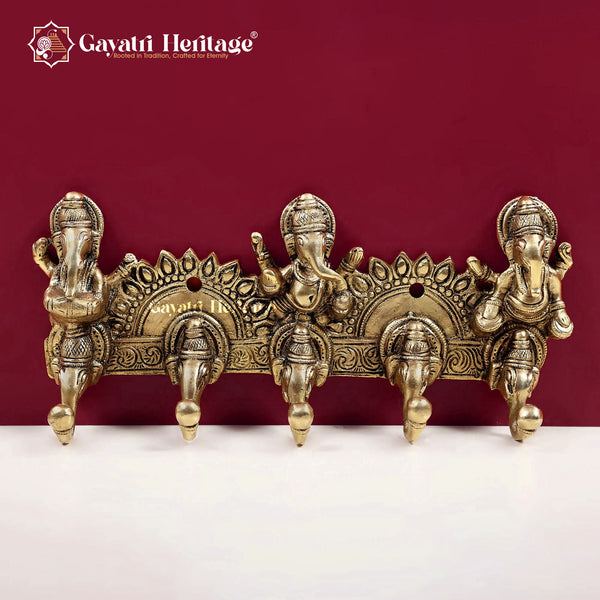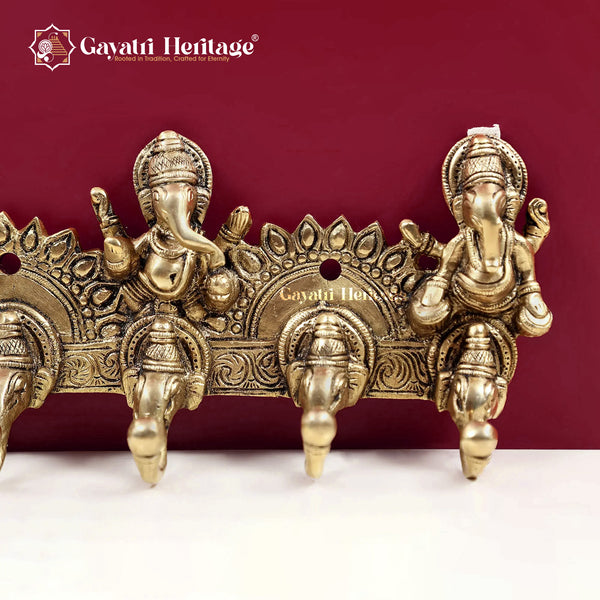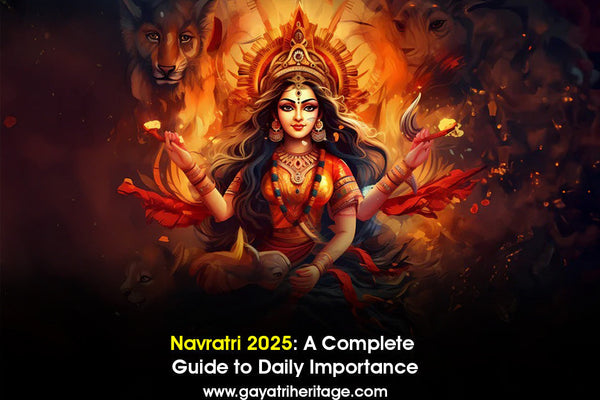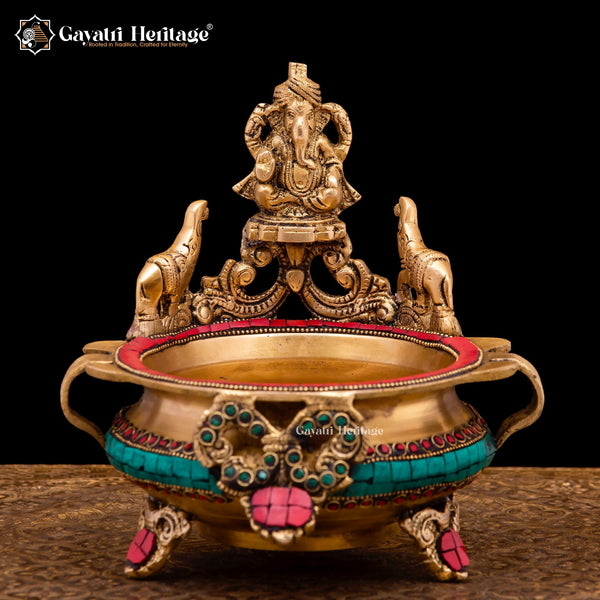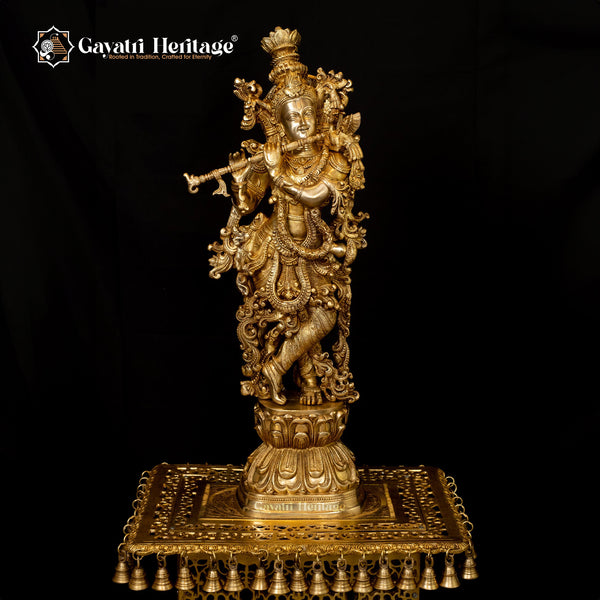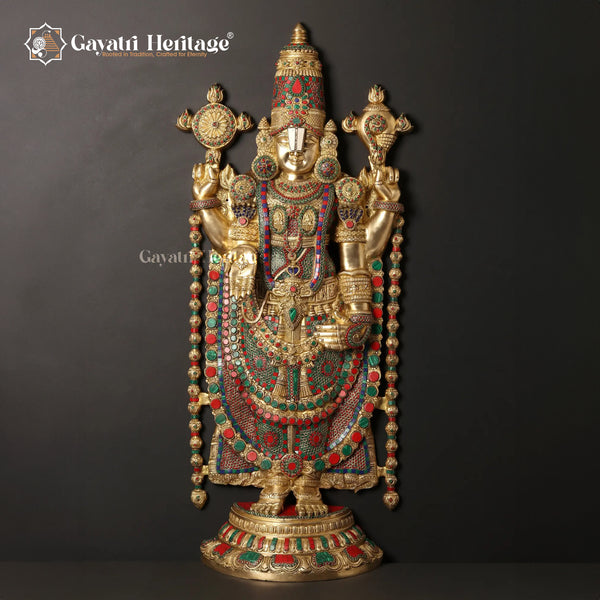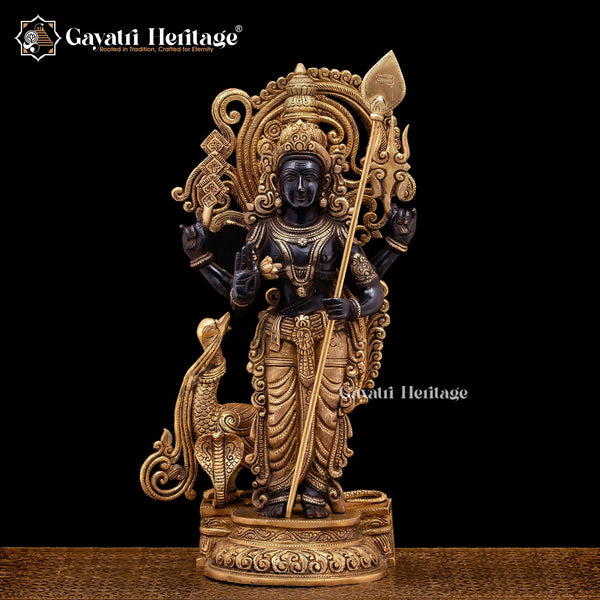Lord Shiva, one of the principal deities of Hinduism, is known as the destroyer in the Trimurti. Revered for his unparalleled power, wisdom, and compassion, he is often considered invincible. But Hindu scriptures like the Shiv Puran, Vedas, and other ancient texts discuss instances and philosophical perspectives on whether Lord Shiva can be defeated. This blog explores such narratives with direct references to Sanskrit shlokas, their translations, and their interpretations.
The Concept of Invincibility in Hinduism
In Hindu philosophy, gods are manifestations of universal principles. While they appear to be in conflict at times, these narratives often symbolize deeper metaphysical truths rather than literal battles. Lord Shiva, embodying destruction and transformation, is considered beyond victory or defeat, as he transcends the dualities of existence.
Instances Where Shiva Faced Challenges
1. The Story of Lord Vishnu’s Mohini Avatar
One notable tale in the Shiv Puran discusses how Lord Shiva was momentarily enchanted by Mohini, an avatar of Vishnu. This story highlights the interplay of maya (illusion) even upon the supreme.
Sanskrit Shloka:
मोहनीं रूपमाश्च्रय च त्वानं ताद्भवे मोहित्वाच्छ हीन् शिवः |
Translation: “The form of Mohini was so captivating that even Lord Shiva, the master of detachment, was momentarily drawn towards it.”
Interpretation: This episode does not imply a literal defeat but emphasizes that even divine beings are not immune to the cosmic play of illusion.
2. Markandeya’s Devotion Saving Him
In another tale from the Shiv Puran, Yama, the god of death, tried to take the life of young Markandeya. Markandeya’s unwavering devotion to Lord Shiva invoked Shiva’s presence, who defeated Yama to protect his devotee.
Sanskrit Shloka:
जयत्मर्ण्य मृत्युं कालेश मृग्न्यं मार्कण्डेय कृपोम्य स्मरक्षण्यं |
Translation: “Shiva, the destroyer of death, appeared to protect his devotee Markandeya and defeated Yama in the process.”
Interpretation: This story highlights Shiva’s supremacy and the power of devotion, demonstrating that Shiva’s protection is invincible.
Symbolic Defeat of Shiva
In certain narratives, Shiva’s “defeat” is philosophical rather than physical. These stories highlight humility, balance, and cosmic harmony:
1. The Tale of Bhasmasura
In the Skanda Puran, Lord Shiva grants Bhasmasura the boon to turn anyone into ashes by placing his hand on their head. However, the demon attempts to use the boon on Shiva himself. Shiva escapes and seeks Vishnu’s help, who ultimately defeats Bhasmasura.
Sanskrit Shloka:
भस्मासुरो ग्रुप्तस्य शिवं प्रपाति विष्णुमूर्तिम् |
Translation: “Bhasmasura, empowered by Shiva’s boon, sought to misuse it, prompting Shiva to seek Vishnu’s assistance.”
Interpretation: This story symbolizes the importance of balance and collaboration among the gods to maintain cosmic order.
Philosophical Perspective: Can Shiva Truly Be Defeated?
In Hindu philosophy, Shiva represents the ultimate reality (“Brahman”), which is beyond defeat. Any perceived defeat is part of the cosmic play (lila), meant to convey moral or spiritual lessons.
Conclusion
Lord Shiva, as the embodiment of transformation and cosmic balance, is invincible in the truest sense. Stories that depict his challenges or defeats are allegorical, emphasizing his humility, cosmic balance, and the interconnectedness of divine powers.
Through these tales, the Shiv Puran and other scriptures teach profound lessons on devotion, ego, and the nature of the divine.
Explore Hanuman’s divine wisdom, embrace his teachings, and embark on a journey toward spiritual growth and enlightenment. Stay connected with Gayatri Heritage for more insights into timeless traditions, spiritual knowledge, and stories that transcend generations. Let us together honor the richness of our heritage and find inspiration in the tales of devotion and dharma.





